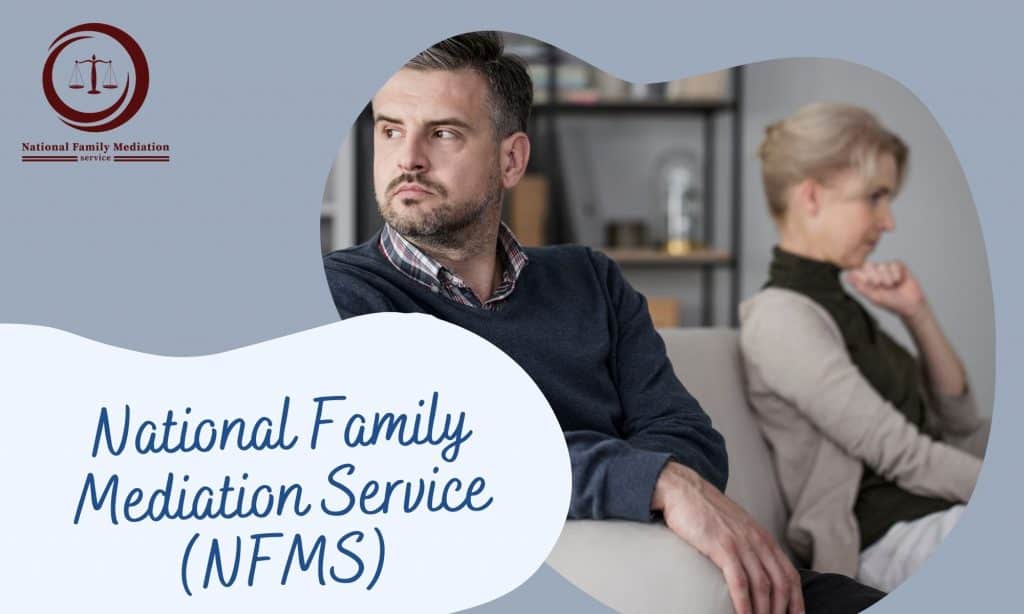
Can I Refuse Family Mediation? Exploring Your Options with the National Family Mediation Service:
Family conflicts can be emotionally challenging and, at times, seem insurmountable. In such situations, seeking resolution through mediation can be a constructive and amicable approach. The National Family Mediation Service offers a platform for families to navigate disputes and find mutually beneficial solutions. However, a common question that arises is whether individuals can refuse family mediation. In this blog, we will explore the concept of refusing family mediation and delve into the options available within the framework of the National Family Mediation Service
Understanding Family Mediation:
Family mediation is a voluntary process that involves an impartial third party – the mediator – facilitating discussions to help families reach agreements on various issues such as divorce, child custody, and financial matters. It is designed to empower families to make their own decisions rather than having a court impose rulings.
The Voluntary Nature of Family Mediation:
One of the fundamental principles of family mediation is its voluntary nature. Parties involved are encouraged to participate willingly, ensuring that the process is consensual and that decisions are made collectively. However, this voluntary aspect prompts the question: Can individuals refuse family mediation?
The Right to Refuse Mediation:
Yes, individuals have the right to refuse family mediation. Participation in the mediation process is entirely voluntary, and parties cannot be forced into mediation against their will. If one or more family members are not comfortable with or unwilling to engage in mediation, they have the option to decline participation.
Reasons for Refusing Family Mediation:
People may refuse family mediation for various reasons. Some may feel that the issues at hand are better addressed through legal channels, while others might prefer a different method of dispute resolution. It’s crucial to recognize that refusing mediation does not necessarily mean abandoning the idea of resolving conflicts. Alternative avenues, such as legal proceedings or collaborative law, can still be explored.
Navigating Alternatives:
While refusing family mediation is a choice, it’s essential to consider alternative dispute resolution methods. The National Family Mediation Service is committed to helping families find resolution, and they offer various services tailored to the unique needs of each situation. Exploring alternatives within the framework of the service can provide valuable options for those unwilling to engage in traditional mediation.
Collaborative Law: Collaborative law involves both parties working with their respective lawyers to negotiate agreements outside of court. This approach encourages open communication and cooperation while avoiding the adversarial nature of litigation.
Arbitration: In cases where parties prefer a decision imposed by a third party, arbitration may be an option. An arbitrator acts similarly to a judge, making decisions based on the evidence presented. This process can be more formal than mediation but still provides a degree of flexibility.
Conclusion:
Refusing family mediation is a personal choice, and individuals must feel comfortable with the chosen method of dispute resolution. The National Family Mediation Service acknowledges the voluntary nature of mediation and strives to provide alternatives that respect the autonomy of those involved. Whether opting for mediation, collaborative law, or arbitration, the goal remains the same – finding amicable solutions that prioritize the well-being of the family.
